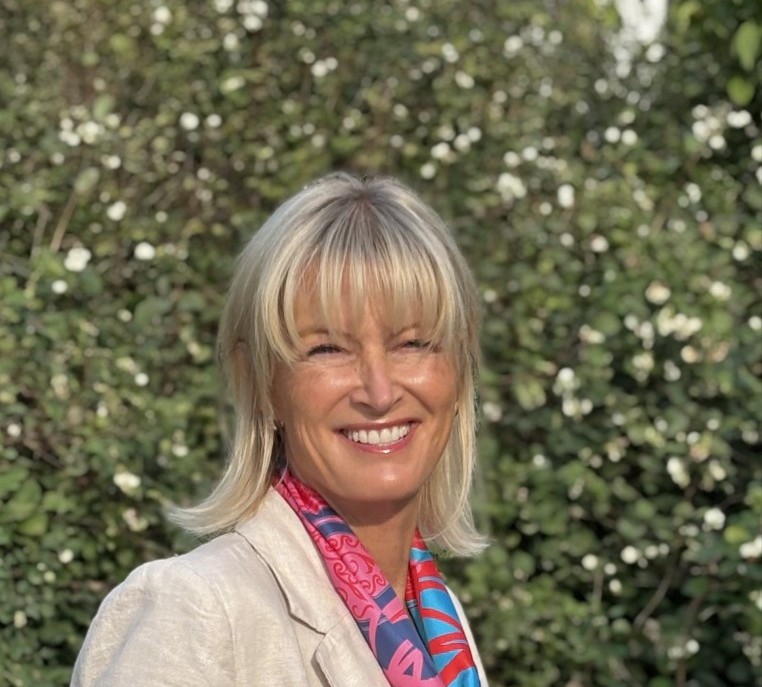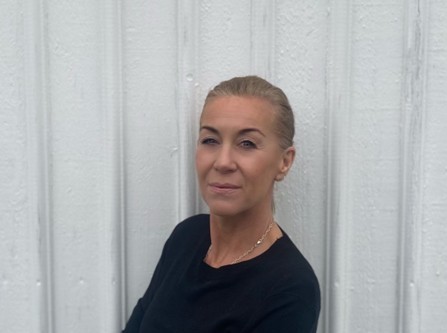Inspirational person of the week - Marie Rydne
How is the “Corona situation” affecting your business? What lessons have you learned so far, and how can you best use them? Since we


How has the “Corona situation” affected your business? What lessons have you learned so far, and how can you best use them?
Since we provide adult education, our operations changed very quickly. We had basically one day to reorganize the entire company. The government made an early decision that our form of education would be conducted remotely due to Corona. This decision meant a record-fast turnaround for us, as our delivery method is usually classroom-based education with only some distance elements. Thanks to the extensive investments in both hardware and software for education in recent years, we managed this assignment with flying colors. From one day to the next, all the teachers embraced the task, and we found that now that everything had to be tested in a live situation, we managed it far better than expected. It has of course been challenging for our employees to ensure the right pedagogy and methodology and to find ways to motivate participants who are not used to studying remotely, but the challenges have brought the colleagues together. They have really supported each other and shared tips and ideas in an exemplary way. Some of the lessons we have learned are that we are really good at quick changes when it really is required. Something that can otherwise take a long time to implement suddenly became obvious because the situation demanded it. We also take with us the importance of making investments with good foresight. Had we not made the investments we did, this task would have been significantly more difficult to solve.
You have made interesting career moves from assistant nurse to union activist, and on to commercial leadership roles. What advice do you have for those who want to “change tracks” in their careers?
Believe in your own ability and make sure that the “right” people become aware of your ability and capacity. Show that you want to take responsibility and perform based on the role you have. Put your achievements into words and learn to sell, both product and service – and yourself. Be prepared to do the job from the ground up, you will benefit from that in later roles as well. Understanding the details is a good foundation for being able to develop and move on – it becomes easier to correct things that may have gone wrong if you have knowledge of the details. Decide what you want and make a plan for how to get there. Celebrate milestones and dare to talk about them in the right context. If you have big visions – dare to express them! And dare to ask someone who has succeeded in what you want to do. You do not have to invent everything yourself. Listen and learn and adopt what suits you and what you can stand for as a person. For me, it has been important to show that I dare – even if it also means a risk of failure. It is important to realize that you will make mistakes. Take advantage of them and see them as important lessons along the way. The important thing is not to repeat them several times. Evaluate to understand what led to results – whether they are good or bad. And spend the time on what leads you in the right direction – learn to prioritize away what may be most comfortable but does not lead to the right results.
Now to the “10 thousand dollar question”. What will Sweden look like in 12 months? Feel free to speculate.
Hopefully, we have a society that has come some way in recovering from the consequences of the Corona crisis. I am sure that new services and products have been developed that build even more on “share and care” – that is, which have more values at their core than just economic ones. In the best of worlds, the development of more environmentally friendly transport alternatives has gained even better momentum. We can have quite a lot of our meetings digitally. I think many have discovered that - which in itself can have an effect on our travel. Maybe we will see an even better local development of goods and services if travel decreases? I think overall that we have a slightly friendlier society where we can appreciate each other regardless of origin. I also hope that we have also realized that we have a surplus of things that may not always be necessary. The desire to help each other and take care of each other's well-being has been given more space in our everyday lives. And, more people may have realized how good the bike is – as a means of transport, training equipment and that it can be very social when you do it in a group.
Contact
What challenges are you facing today? - We would love to hear from you!





